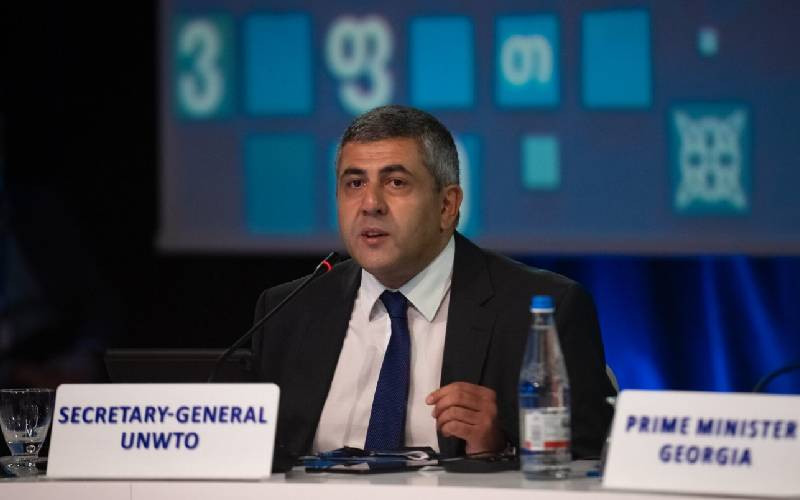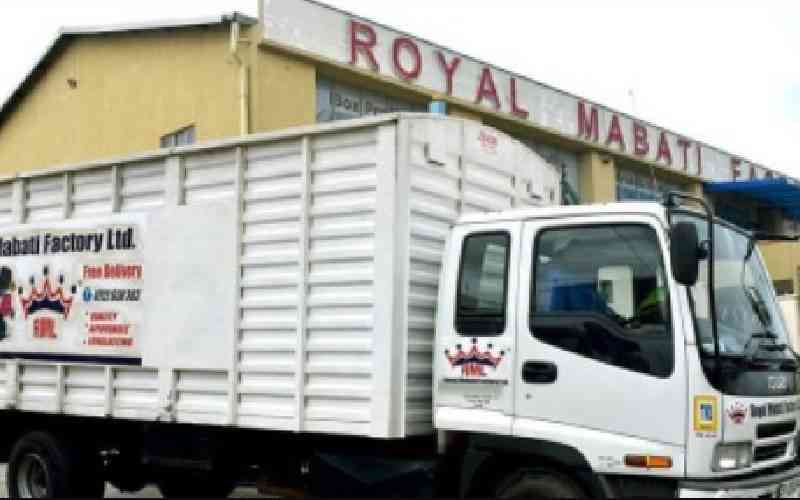By Susan Anyangu
Kenya has 71 confirmed cases of Influenza A, H1N1, commonly known as swine flu and the ministry of health has warned more cases are expected.
The confirmed H1N1 infections are spread across the country, with 40 cases reported in Nairobi, two in Garissa, 18 in Kisumu, one in Nyeri and 10 in Keiyo.
Following the confirmation, the ministry has strengthened its surveillance, particularly in Keiyo, Marakwet, Naivasha, East Pokot and Bunyala.
Speaking yesterday at her offices, Public Health Minister Beth Mugo appealed to Kenyans not to panic since the confirmed cases are mild.
"Kenyans should not panic. Locally the disease is still at mild stages and so far we have not lost anyone to it. Most of the patients have recovered without the need of hospital admission or administration of anti-viral treatment with Tamiflu," the minister said.
The first case of swine flu was reported in Kenya on June 29 when a visiting British student who had travelled to Kisumu, displayed symptoms of the flu.
Initially, the infections seemed limited to foreigners but the ministry has confirmed local transmissions are responsible for the recently reported cases.
Inadequate funds
Mrs Mugo said 10 out of 15 samples collected from sick pupils in Kabisesa Primary School in Keiyo had tested positive for H1N1. A total of 304 suspected cases in the area have also been line-listed and placed under quarantine.
And even as Mugo released the update with a marked increase of confirmed cases, she said the ministry does not have adequate funds to manage the disease.
"The ministry has stepped up its surveillance and is working together with local communities to help control the outbreak. However, we have limited resources and we shall soon prepare a memorandum to Cabinet requesting for more funds to fight this disease," she said.
According to the Head of Disease Prevention and Control Willis Akhwale, once treated, those infected recover within seven days and are not capable of spreading the virus. He, however, said it remains unclear if one can be re-infected.
Persons are being advised to cover nose and mouth with a tissue when coughing or sneezing and when done, to throw the tissue in the trash.
Medics have also asked people to wash hands often using soap and water, especially after coughing and sneezing.
 The Standard Group Plc is a multi-media organization with investments in media
platforms spanning newspaper print operations, television, radio broadcasting,
digital and online services. The Standard Group is recognized as a leading
multi-media house in Kenya with a key influence in matters of national and
international interest.
The Standard Group Plc is a multi-media organization with investments in media
platforms spanning newspaper print operations, television, radio broadcasting,
digital and online services. The Standard Group is recognized as a leading
multi-media house in Kenya with a key influence in matters of national and
international interest.
 The Standard Group Plc is a multi-media organization with investments in media
platforms spanning newspaper print operations, television, radio broadcasting,
digital and online services. The Standard Group is recognized as a leading
multi-media house in Kenya with a key influence in matters of national and
international interest.
The Standard Group Plc is a multi-media organization with investments in media
platforms spanning newspaper print operations, television, radio broadcasting,
digital and online services. The Standard Group is recognized as a leading
multi-media house in Kenya with a key influence in matters of national and
international interest.









